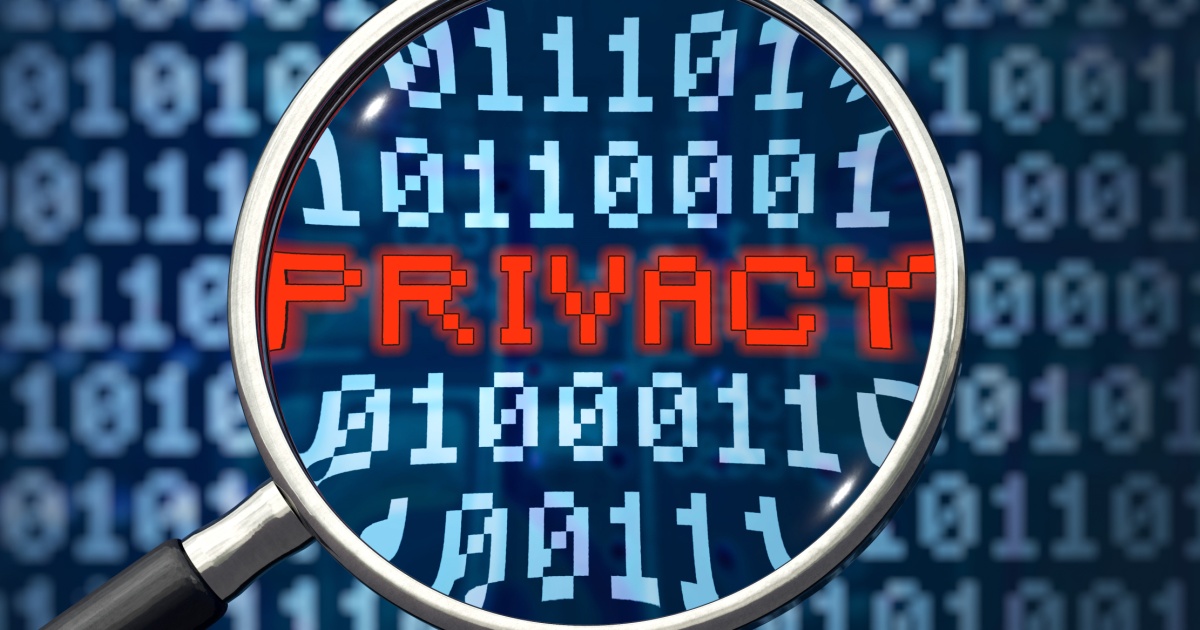
Apps are essential to smartphones – more accurately, to their users. Social media, lifestyle, fitness, finance and food apps are available all in one device. The add all the business apps and services users can access. Essentially, their entire lives are in that single handheld device. The convenience of having access to everything at their fingertips is a reason why there is such a great appreciation for mobile apps.
What consumers aren’t aware of, though, is there data isn’t necessarily as safe as they think it is – or want it to be. In the EU, for instance, nine out of 10 apps fail to comply with the GDPR and the ePrivacy Directive, meaning the apps track personal data from users without their consent, according to a Usercentrics report, “Apps: The Wild West of Data Privacy?”
This is a major concern because getting consent from end-users in compliance with the EU’s GDPR and the ePrivacy Directive should be a top priority for app companies to avoid legal fines, loss of valuable consumer trust and brand reputation.
Of the app categories in the report, gambling apps are 100% non-compliant while food, at 84% is the lowest of the categories analyzed by Usercentrics. That is not a massive gap difference from the two ends of the spectrum and reinforces the cause for concern.
“The results of this report call out what is probably the largest elephant in the room in the industry: The GDPR and the ePrivacy directive are still far from being universally implemented in mobile apps,” said Valerio Sudrio, Global Director Apps Solutions at Usercentrics. “With this report, we want to raise awareness of the situation.”
Ensuring compliance is time-consuming and potentially difficult for some. This is why consent management platforms are important to help companies get data privacy compliance right. For example, plug-and-play SDKs enable quick integration of a CMP (Consent Management Platform) into apps, which makes the process of ensuring GDPR and ePrivacy – or any other data privacy regulations across the globe – compliance automatic.
The automation that comes with a CMP allows business leaders to focus on core business. With a CMP, business leaders reduce the legal complexity of compliance while making sure the app stays ahead with consent technology.
Ultimately, users trust businesses that are GDPR compliant, which in turn helps make the digital ecosystem more sustainable for all. When that’s not happening, risk increases, satisfaction drops, and everyone suffers – except perhaps they attorneys who get paid to litigate privacy lawsuits.
Edited by Erik Linask




